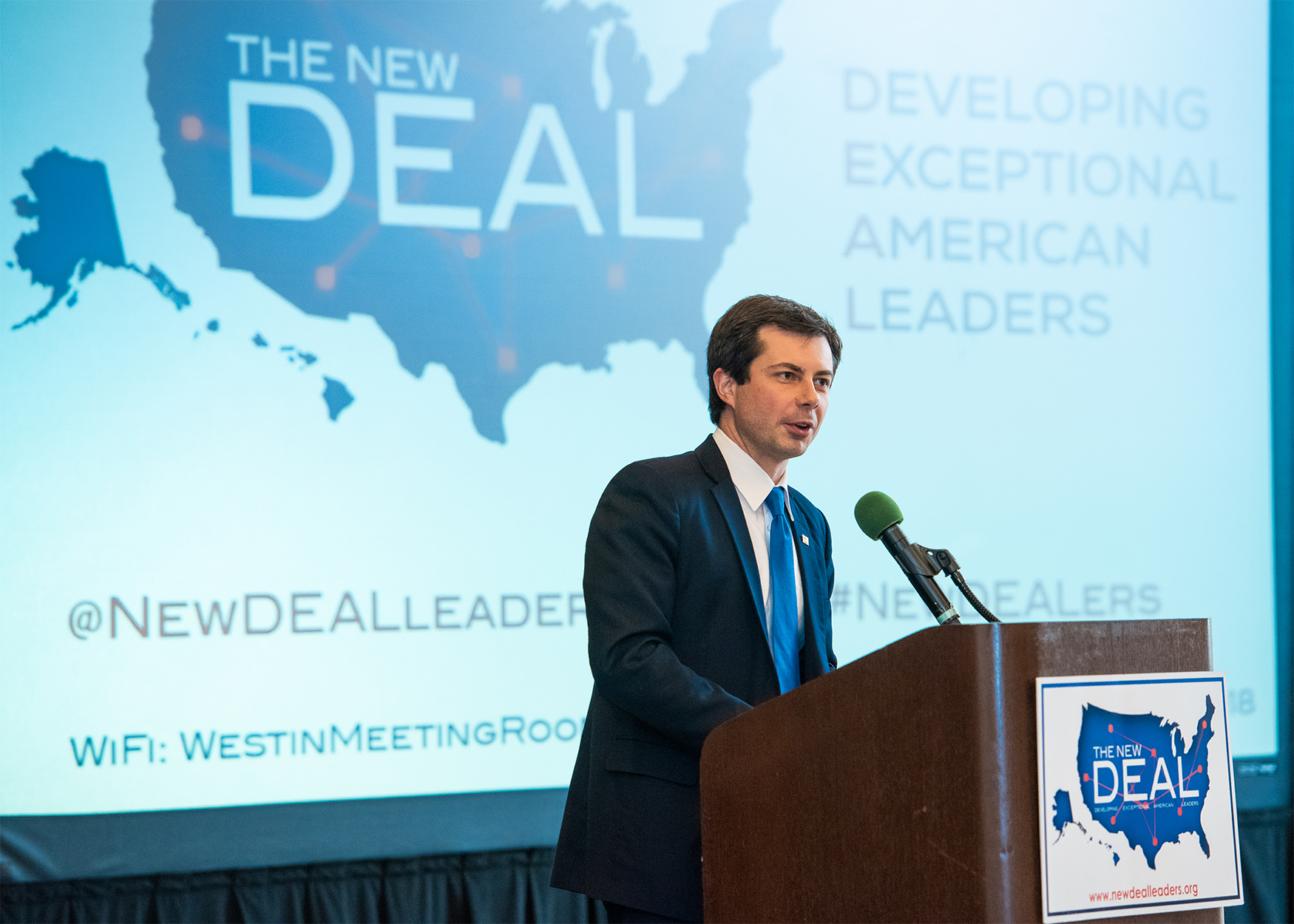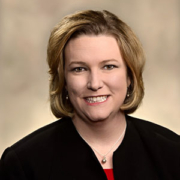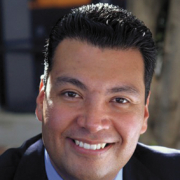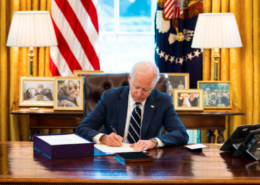New Infrastructure Plans Rolling Out
Following the signing of the Bipartisan Infrastructure Law, NewDEALers are poised to lead in directing investments to long-overdue projects that will impact the economic vitality of their communities. Many NewDEAL Leaders are already taking action on these priorities. Delegate Brooke Lierman’s Maryland Transit Safety & Investment Act overcame a gubernatorial veto and is set to eliminate the state’s $2 billion public transportation maintenance backlog by spending nearly half a billion dollars each year for repairs and enhancements. In Nevada, Clark County Commissioner Michael Naft celebrated the groundbreaking of a long-awaited bridge project which first received federal funding in the 1990s. “This bridge is an important transportation element and it is also critical for emergency responders,” Naft said. Elsewhere, the Boston Council approved newly-elected Mayor Michelle Wu’s $8 million plan for three of the city’s bus lines to go fare-free, an important step towards making the city’s transportation equitable and accessible. The program will utilize federal funding, and early numbers suggest that ridership will be significantly boosted by the measure.














